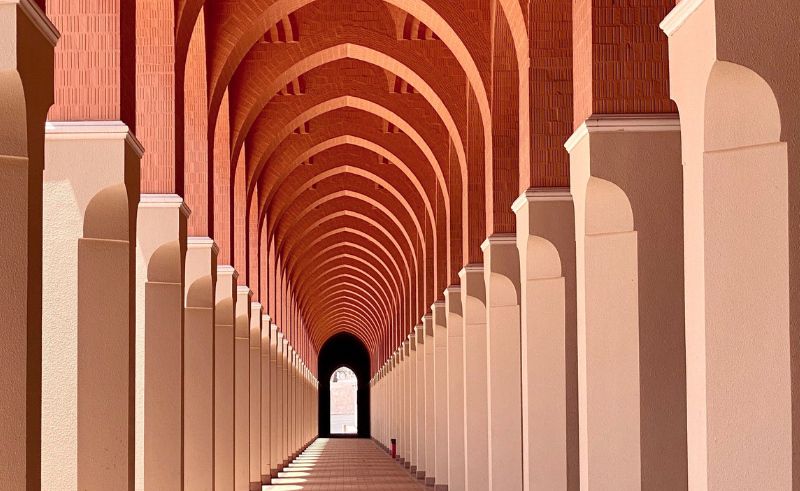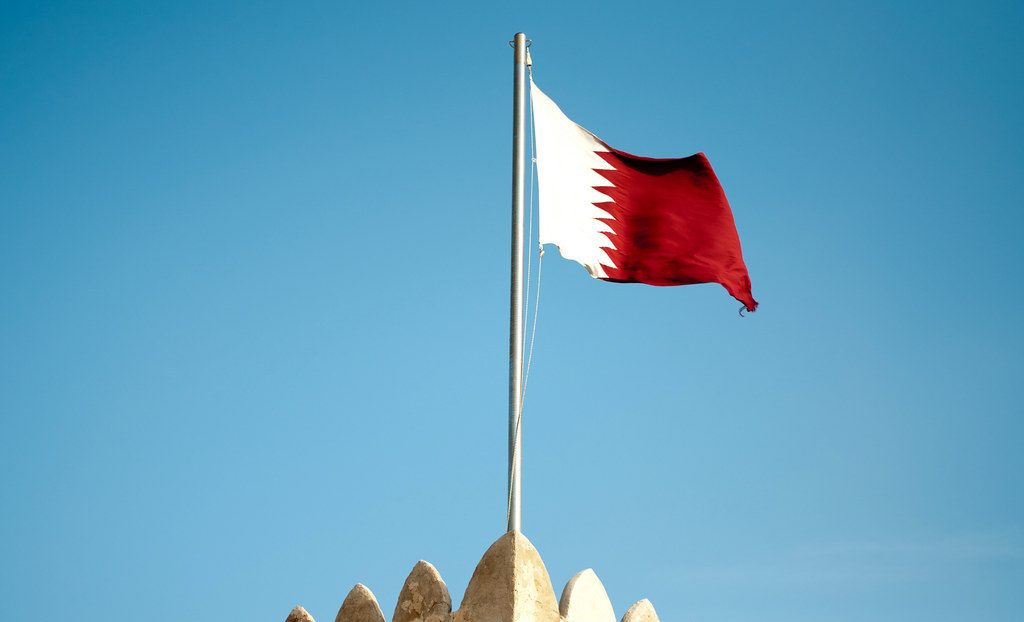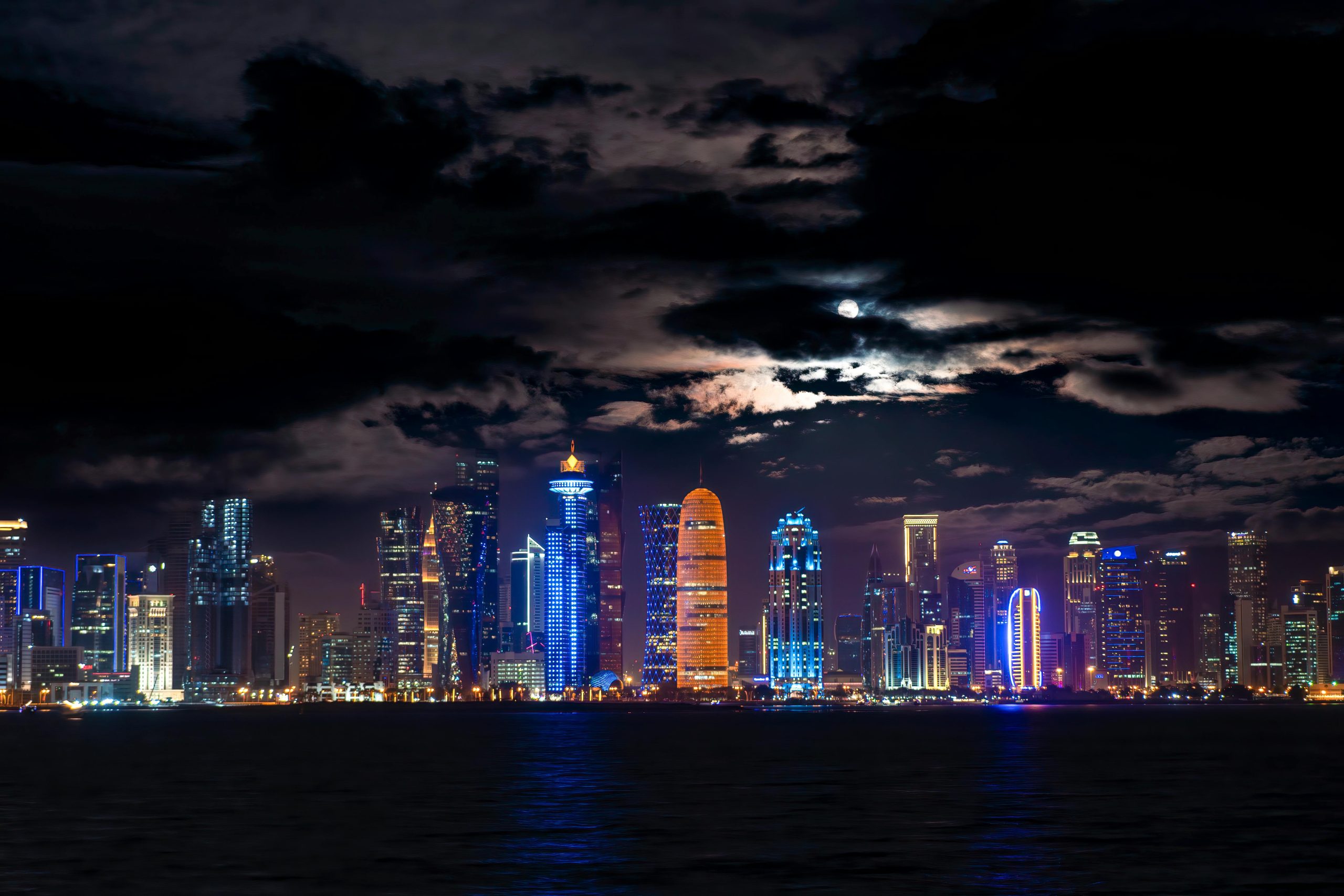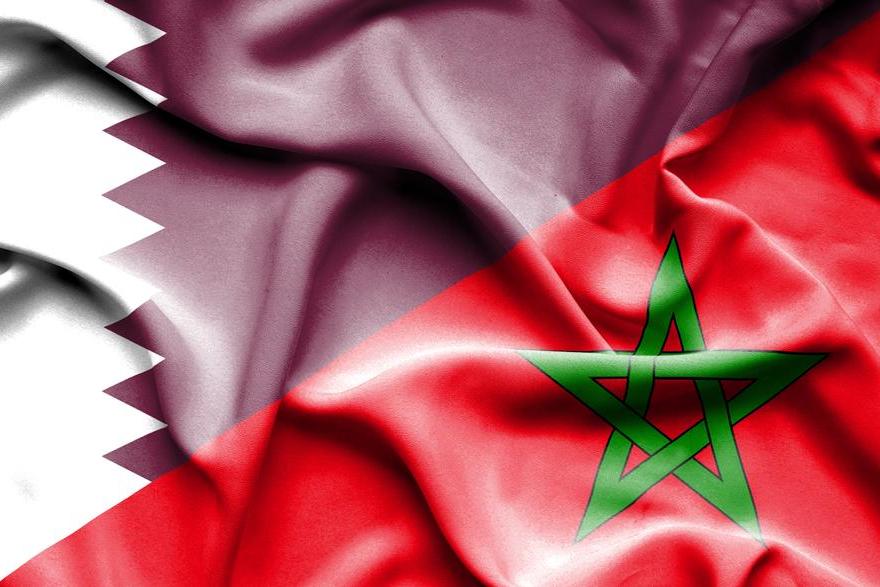
In light of recent debates about who deserves a place in Qatari society, Alanood Al Thani has argued in this opinion piece that space must be made for all types of people. This diversity does not weaken the country, but only make it stronger, she asserts.
It seems like every time I log into Twitter, a new hashtag has been made by people who fear they aren’t being represented properly.
Instead of allowing others to express themselves, these people take it upon themselves to attack those who do not fit their ideals.
It’s hard to pinpoint when this abuse became normal in Qatar, but a 2014 trip to the Amazon rain forest seems to mark one of the first major online attacks.

That summer, a few unassuming young Qataris decided to do some good in the world. They hopped onto a plane and went to the Amazon to rebuild a school and raise awareness for the less fortunate.
In the middle of their journey, a storm erupted back home, in the form of a string of hateful messages that scrutinized the young group for their actions.
The criticism resulted in the sponsors of the trip (Vodafone Qatar) backing out of the charity mission. The seven Qataris on the trip were quick to be attacked because “they don’t represent us” Qataris.
What’s acceptable?
Some might be confused about why a charity trip made people uncomfortable. But simply put, the issue appeared to involve the fact that not all the women on the trip covered their hair, and the group was in a co-ed environment.
This seemed too much for a sect of society to handle, and the group’s co-ed escapade was deemed “un-Qatari” like.

But to me, a Qatari, there’s nothing abnormal about a co-ed trip.
Living in Qatar, I went to a co-ed school and a lot of other Qataris did too.
Granted, to some such behavior may be seen as foreign, or “western,” or “un-Islamic” but that’s not my experience of being a Qatari-Muslim, nor should it be the only acceptable experience.
Defining Qatari
There isn’t one definition of being a Qatari nor is there one characteristic that makes you Qatari.
The majority of the population of Qatar is not from Qatar, and it’s hard to define what it means to be Qatari.
Someone can talk, look, even “act Qatari,” as well as have a Qatari mother, but not be Qatari.

In the same token, one may not look, nor act in a way that is perceived to be Qatari, nor have any familial connection to the nation, yet be considered Qatari. ”
There is not a single definition of being Qatari and forcing someone to cover their hair or hide who they are isn’t upholding the image of Qatari society.
Because there is not one image that represents Qatari society.
Freedom and justice
The only principle that guides Qatari society is the constitution, which states, “the Qatari society is based on the values of justice, benevolence, freedom, equality and high morals.”
There is nothing benevolent or respectful in people shaming men and women into complying with their views.
By lashing out at others and creating an environment of fear rather than equality, the Qatari society’s principle of freedom and equality are being ignored and forgotten.
We are one small nation and our traditions – like all countries – are not singularly cultivated.

Our culture is based on an amalgamation of traditions from people of all walks of life.
Our food is Arab, African, Indian and now becoming evermore western. We don’t lose by expanding our traditions, we only grow richer.
Casting people into molds to look like an arbitrarily-decided model of what is “Qatari” will only force us to highlight one aspect of our nation and thus exclude the richness of our diversity.
We don’t all walk, talk and act the same, but that doesn’t make Qatar nor the Qatari identity weaker, it only makes it stronger.
Thoughts?
Disclaimer: The views expressed in this Opinion article are the author’s own and do not necessarily reflect Doha News’ editorial policy.







